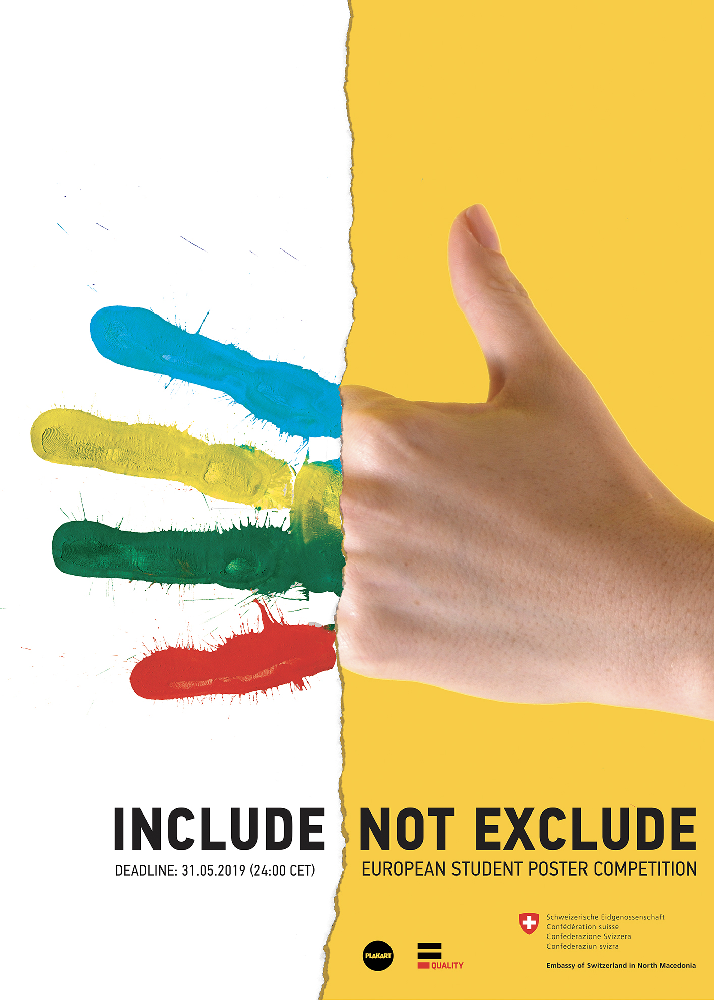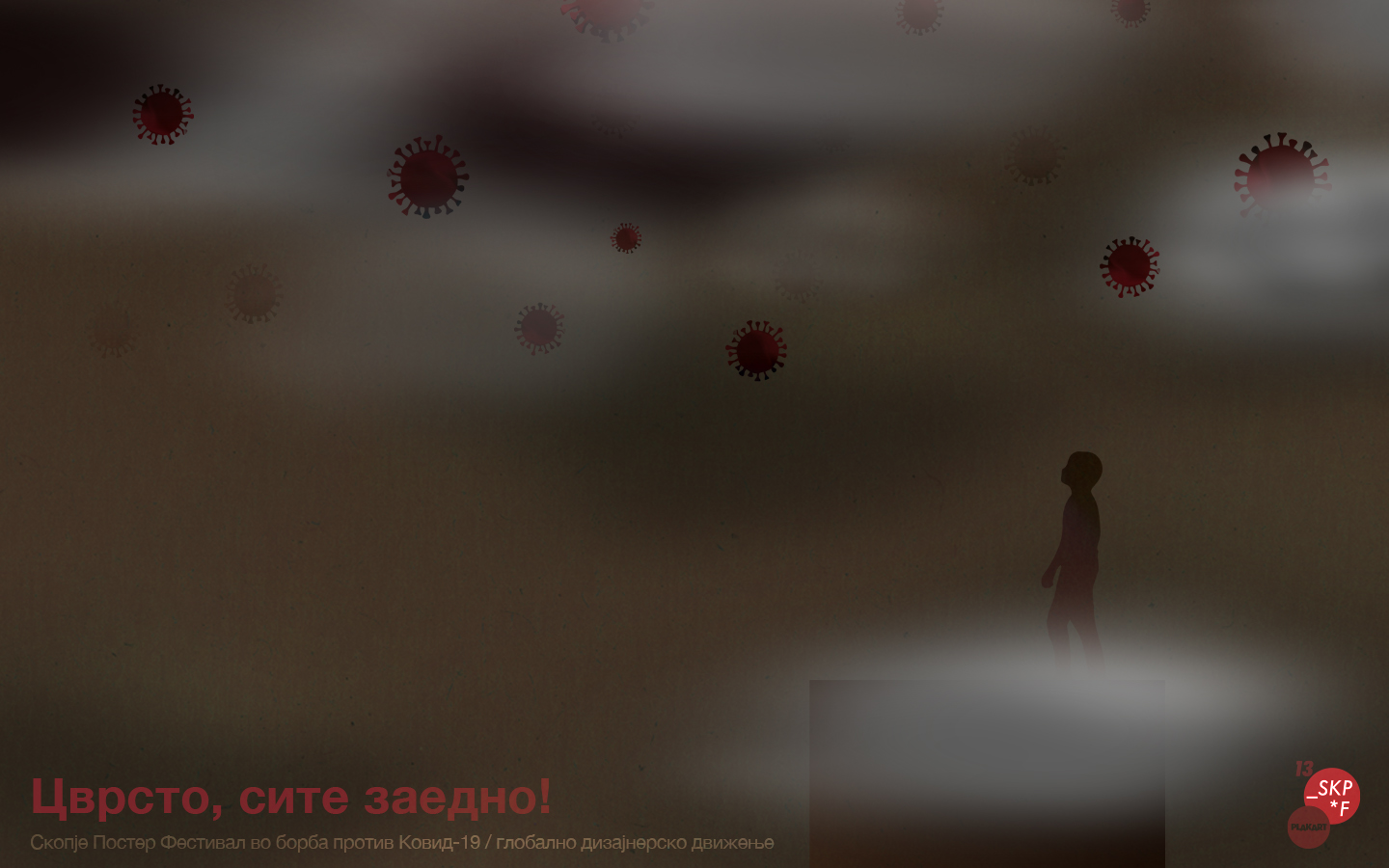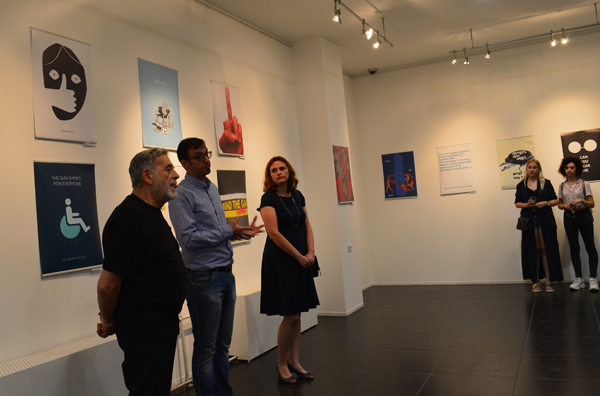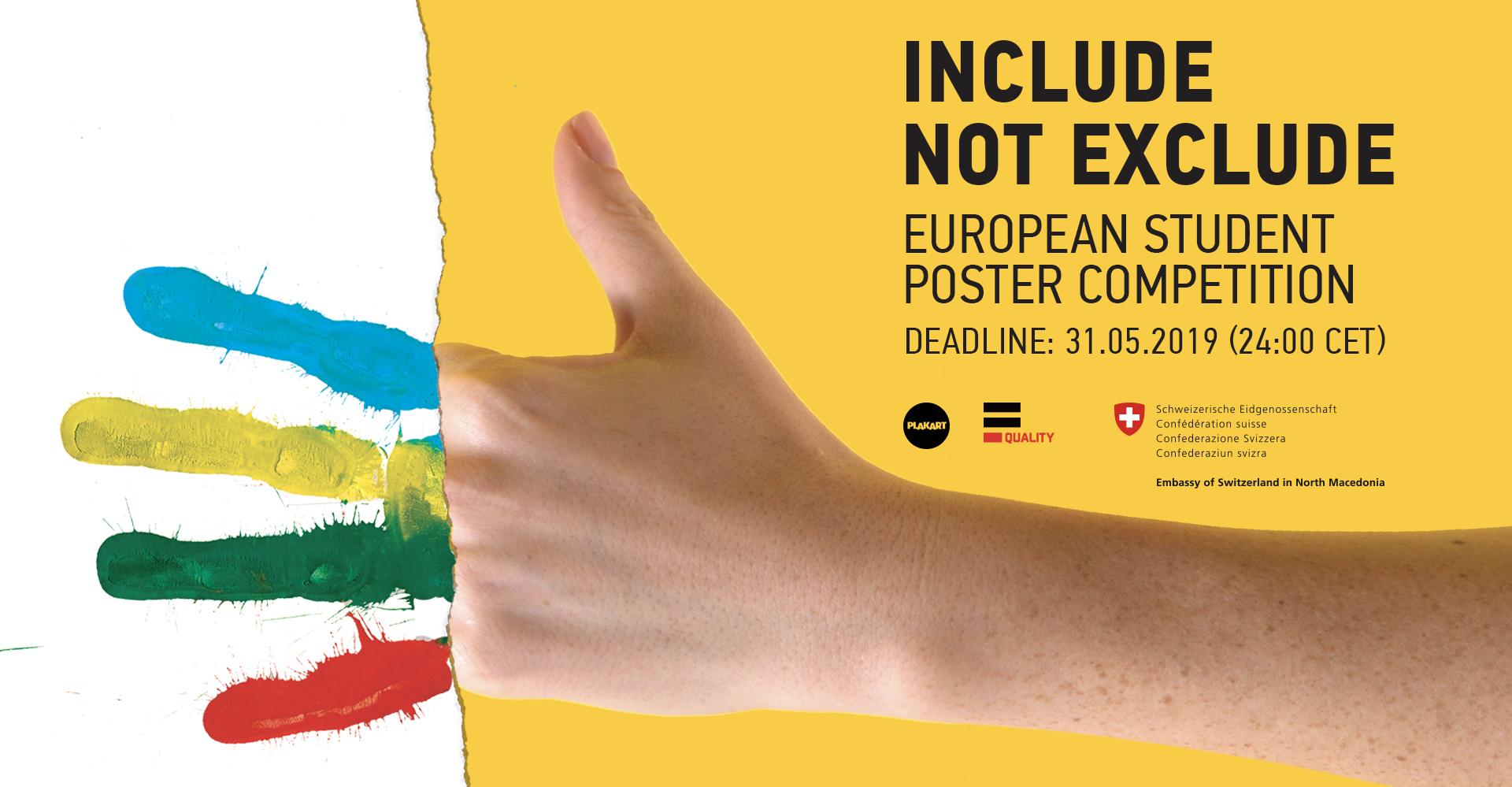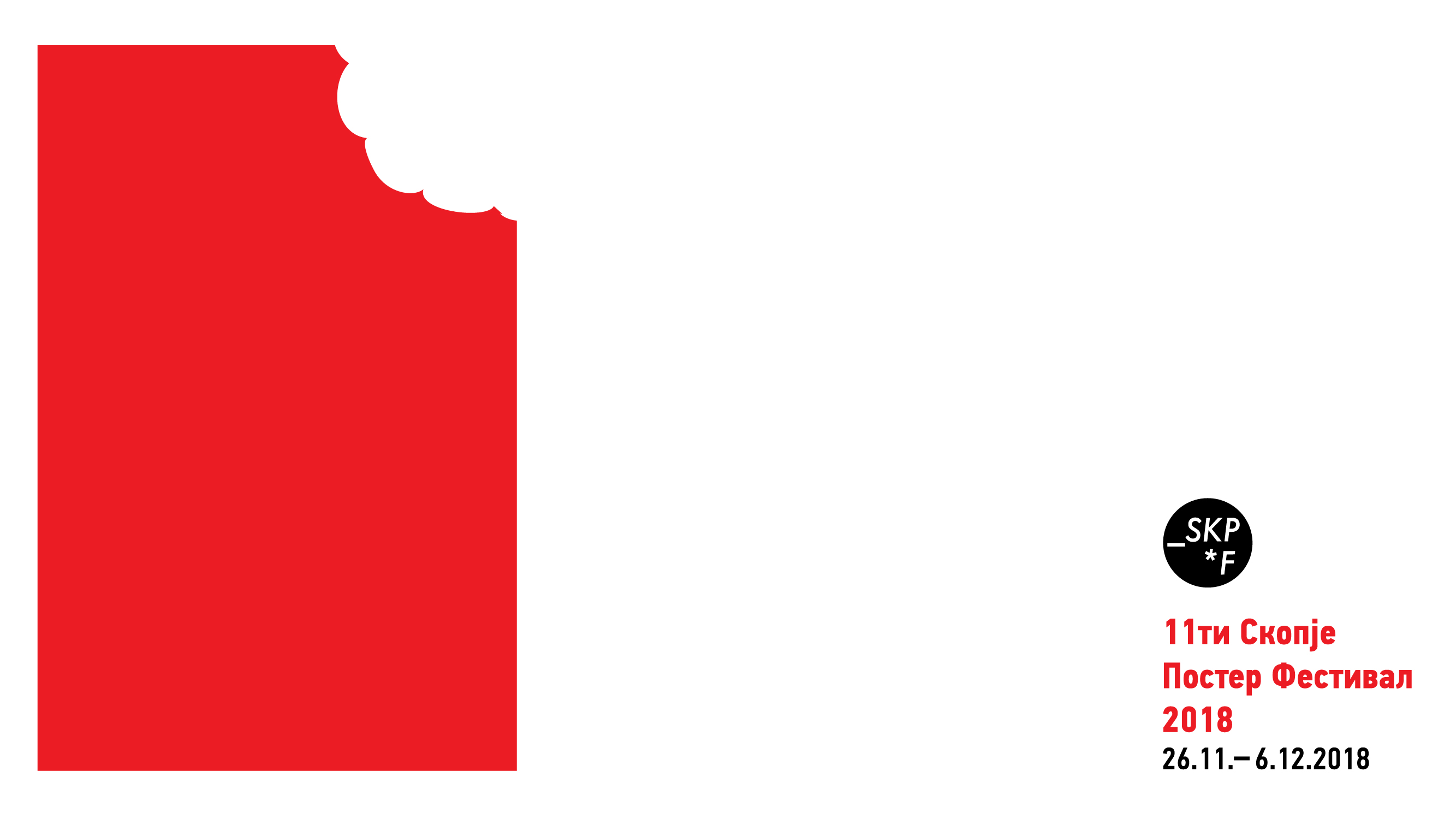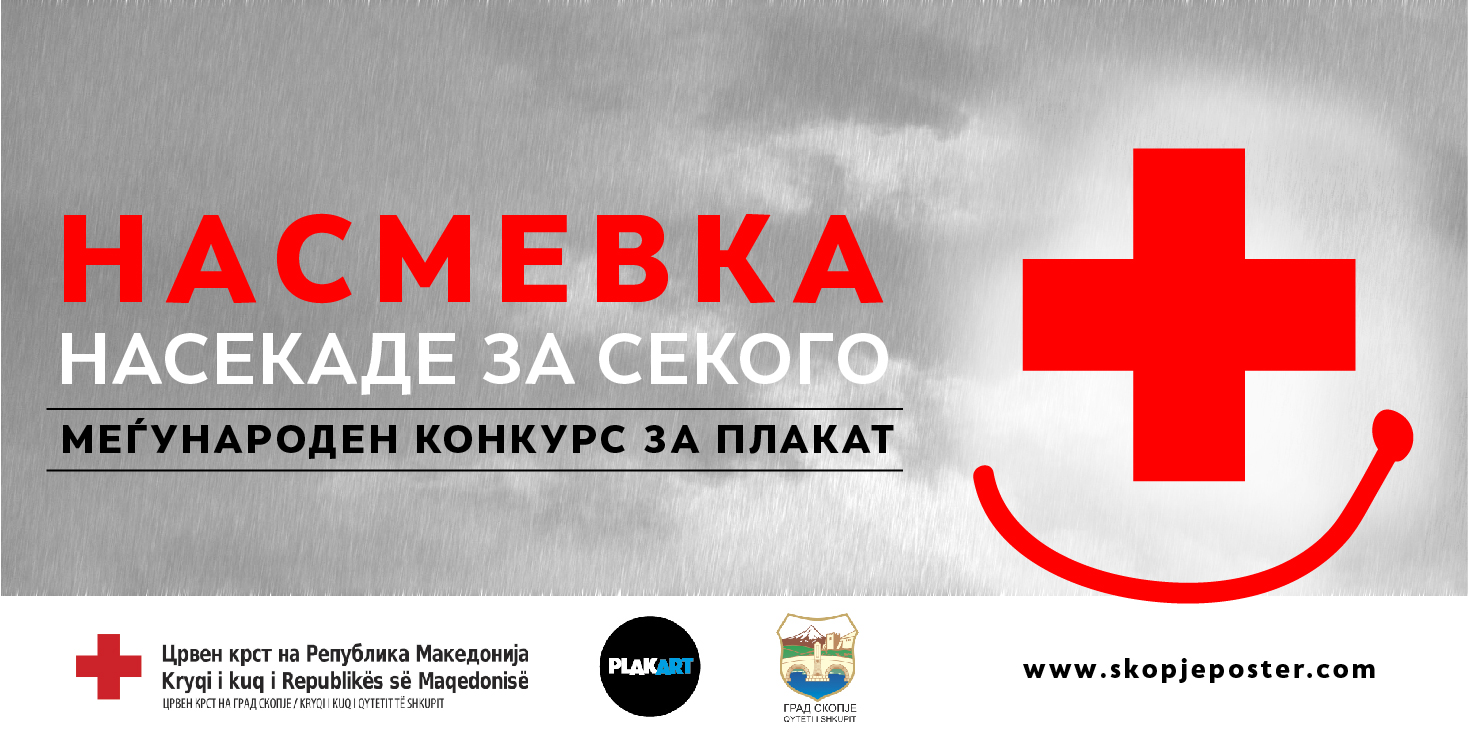Social inclusion is the process of improving the terms on which individuals and groups take part in society – improving the ability, opportunity and dignity of those disadvantaged on economic and social basis.
The European continent is considered one of the most developed continents on the globe, but regardless it is faced with a huge challenge, which is the social exclusion. Stereotypes, stigmas, superstitions based on gender, race, ethnicity, religion, sexual orientation and gender identity, or disability status are causes of the marginalisation and discrimination of people with disabilities.
INTRODUCTION OF THE TOPIC
Agenda 2020 (EU Programme) and Programme of Action of the World Summit for Social Development and Sustainable Goals for Development (UN Programme) are only small portion of the strategies that tackle issues of/or related to social inclusion in which people with disabilities and their needs are accordingly addressed and consequently include strong commitments against their marginalisation.
Accordingly, is implementation of economic growth strategies properly considered to have sufficient impact on improvements regarding social inclusion and how do we precisely measure it? Furtherly, taking under consideration and analyzing unemployment rates in Western Europe (8,5%) and in Eastern Europe (5,3% – not including EU non-member countries), can we conclude that we are facing positive and definitive results on development on the issue of social integration of people with disabilities?
Even more crucially, shall this issue be treated partially, fragmentary or should we approach it more multidisciplinary, to enlarge the process of inclusion with goals that will improve the quality of life and the living standard? Foremost and hugely important, people with disability have to be involved in the processes of creating policies and improvement strategies, in particular to contribute to raising awareness of the public, to educate and underline the need of appropriate treatment and openness to marginalized social groups which will lead to advancement of the social cohesion!
COMPETITION DETAILS
The Poster, as one of the most important media in the history of humanity, has had firm influence on raising awareness and uncompromising impact in creating changes, historical turning – points. It is a strong media tool, that Plakart and Skopje Poster Festival has raised and promoted more than a decade, both in the homeland and worldwide.
Invited are students of arts, graphic design, visual communications from the European continent to take part in the competition entitled “Include, Not Exclude”.
This year, with support and in collaboration with Embassy of Switzerland in Skopje, Plakart is promoting the project entitled ”Include, Not Exclude” – Social Inclusion, 21. Century Challenge. It will be consisted of Poster – competition and Off-town workshops as final phase, in which best 7 poster – authors will be invited to the region of Prespa and Ohrid, and alongside their mentors, experts in the field of graphic design and visual communication from North Macedonia, Switzerland, will held 10-days workshops. Posters created at the workshops, as well as posters that will take part in the initial competition, will be exhibited at vernisagge in and will be enclosed in the specially produced catalog.
APPLYING INFORMATION
Applying is free-of-charge at the following link: www.skopjeposter.com/gallery2
Every participant, after online registration (if one has not already registered) may apply with 1, 2 or 3 posters. Allowed are only individually created posters, excluding group works.
The poster should preferably be in English, however, poster texts in all other languages will be accepted.
The poster should be printable JPG in B3 format (350x500mm) with the resolution of 300 dpi with CMYK color setting. Single file can not exceed 10MB. All used fonts should be in outlines or rasterized. */**
COMPETITION DEADLINE: 31 May 2019 (CET)
More information on Terms and Rules of Participation available at: https://skopjeposter.com/gallery2/?page=terms-conditions
1 March – 31 May
Poster – competition timeline
31 May – 6 June
Posters evaluation by international jury members
7 June
Announcement of the results from the poster – competition
25 June – 25 July
Mentored workshops in the region of Prespa and Ohrid
25 July – 1 September
Exhibition of the posters, street presentations across Republic of North Macedonia, Promotion of the catalogue.
________________
* No copyrighted material may be used for the design.
** The organizers will reserve the right to utilize the contributed visuals for presentation and media use and to reproduce all entries for promotional purposes within the framework of the international promotional activities and campaigns.
Skopje Poster
Latest posts by Skopje Poster (see all)
- 13. Skopje Poster Festival Joining Global Design Movement on COVID-19 - 11 November 2020
- Finalist of the “Include, Not Exclude” European Student Competition - 25 June 2019
- Celebration of Winners of the European poster competition“Inclusion, Not Exclusion” with Humanitarian Creative Event - 11 June 2019


